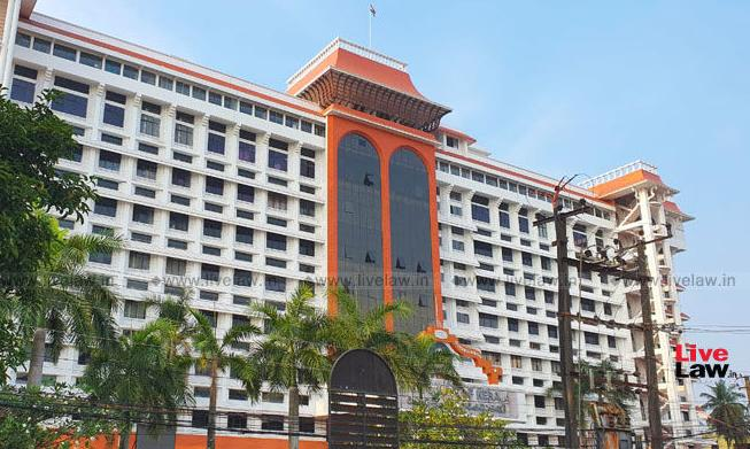The Kerala High Court on Friday dismissed the plea moved by an ex-councillor of Thiruvananthapuram Municipal Corporation for CBI or judicial investigation into Thiruvananthapuram Mayor Arya Rajendran's purported letter seeking a list of CPI(M) party members for appointment to various posts on a contract basis in the Health Division of the Municipal Corporation.Justice K. Babu dismissed the...

